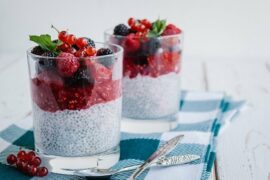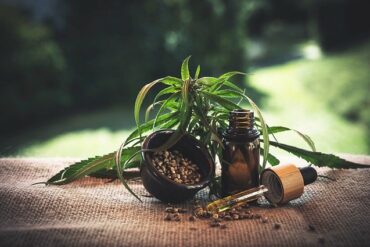The modern day kitchen is literally jam packed with culinary techno gadgetry to help the busy multitasking chef save time, effort, excess food waste as well as allowing us to create healthy and stylish foodie masterpieces. From wafflemakers to spiralizers, Panasonic juicers to blenders, Nespresso coffee machines to KitchenAid mixers, we might not all necessarily have much of an idea when it comes to food, but we’ve certainly got all the gear!
The main reason as to why juicers are becoming as common in our kitchens as the humble toaster, is the increased interest in clean eating and detoxing. But is all the hype surrounding juice diets backed up with any evidence, or is juicing purely another fad diet trend?
The juice diet is nothing new; in fact it’s been around since the 1930s when the alternative health practitioner Norman Walker first invented the hydraulic pressed Norwalk Juicer. Since then we’ve seen the Master Cleanse, Jason ‘Juicemaster’ Vale, Juice Plus and various other juice detox plans that claim drinking solely juices for a period of time is an effective way to flush the system of toxins, kickstart metabolism and to help clear up an array of medical complaints. But medic professionals are quick to turn their noses up at a juice only diet, mainly because there is no hard evidence proving that it works, or in fact that it is doing us any good at all.
As with all diets, ultimately the only diet that works is one that includes everything in moderation, and of course that can include juice. Drinking juice is a fantastic way to make up your daily quota of fruit and vegetables, to ensure you are giving your body the right amount of essential vitamins and minerals that it needs to function, grow and be healthy. And whilst cynics may argue that we are far better off eating fruit and vegetables in their natural state (because we then reap the benefits of consuming the all important fibre as well), for those people that struggle to eat well, are fussy with their food and would prefer not to have to pop a vitamin pill each day, then juice plays a very valid dietary role.
One big concern is that the high fructose levels in fruit may play havoc with blood sugar levels and result in spikes of energy; what goes up must come down so an hour or so after a juice and you may well crash and burn. There is also the concern about the acid content of certain fruits and the damaging effect this can cause to tooth enamel.
The rules are simple:
- Don’t immediately brush your teeth after drinking juice, as this is when the enamel is at its most vulnerable. Wait for at least 20 minutes after drinking.
- Try to combine vegetables with fruit in the juices that you make so that the natural sugar content is lower.
- Try diluting juice with water for a less intense taste – this may work particularly well for children.
- Homemade juice is better than shop bought. You know exactly what’s gone into it and it is 100% fresh.
- Invest in a juicer – it does all the hard work for you!
- One juice a day is plenty and always make sure you include it as part of a balanced and varied diet.
- Research other recipes and the health benefits of the different fruits and vegetables that can be juiced.
- Experiment – have fun playing around with different flavour combinations, we love carrot, orange and ginger!
In our opinion including juice in your day to day diet is without doubt a good and healthy habit to get into. Just remember to follow the rules above and you can’t go wrong!

Have you got a juice recipe that you’d like to share with us?
Get in touch!
You can comment and follow us on:
- Facebook – @thisishealthyliving)
- Twitter – @ArtHealthLiving
- Instagram – @arthealthyliving
Or leave us a friendly comment below ?
*Sponsored post


































